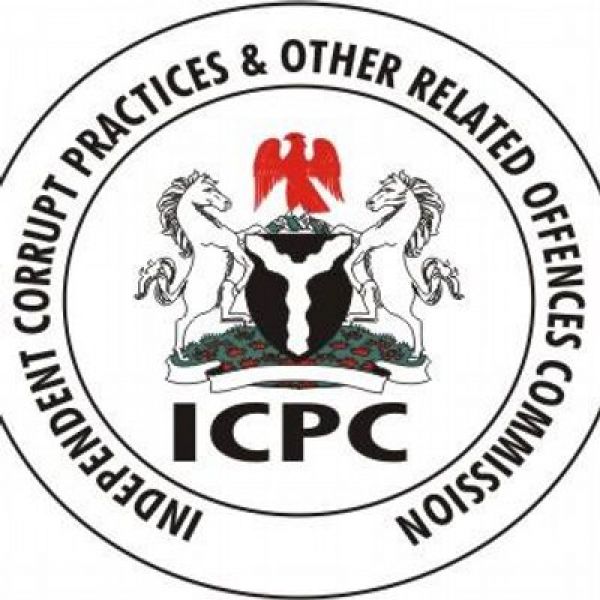The Director General of the Debt Management Office, Dr. Abraham Nwankwo, on Tuesday provided clarifications on the proposed $29.9 billion foreign loan request submitted to the National Assembly by President Muhammadu Buhari last week.
Nwankwo spoke on a Channels TV live programme, Sunrise Daily.
He explained that the loans, which cover a period of three years, would help in addressing the biting infrastructure deficit in the country.
He stated: “When you are in this kind of economic situation, you have to decide where you want to start addressing the problem.
“You then come to the conclusion that the most critical point to start is to deal with infrastructure problem.
“If you deal with infrastructure problem, the cost of power will be lower, the cost of transportation will be lower and the cost of most other services will be lower.”
According to Nwankwo, one of the features of the proposed loan is the low concessionary nature of the interest rate, which is fixed at 1.5 per cent.
This arrangement differs from previous loan arrangements under previous administrations with the Paris Club of creditors, which came with floating interest rates as high as 18 per cent.
Nwankwo also explained that the facility will help revive infrastructure like railways, which will smoothen movement of heavy goods across the country.
He believes tackling infrastructure deficit would force down costs of goods and services on the long run, explaining that the development will have a significant impact on the price level in the economy.
He said: “That impacts the economy by bringing down the general price level.
“When you do this, the Central Bank of Nigeria will set the monetary policy rate low, because all over the world, the central bank knows it has to put the monetary policy rate high enough to catch up with inflation rate, otherwise we will be talking of negative real rate of interest, which destroys the economy.
“So the way to go about it is that you have adequate infrastructure, power, road, transportation, ICT.
“All these make the cost of production in the economy much lower and when this happens, the cost of goods and services will be lower and then inflation will start coming down.
“And if inflation comes down, the monetary policy rate will be lower and this will translate to a lower lending rate.
“That is the sequence.”
The DG stated the $30 billion is actually for a three year-period and that it will run from 2016 to 2018, to be repaid over 20 years to 30 years.
Nwankwo said with this arrangement, it will not be difficult for the country to repay.
According to him the DMO had advised the Federal Government that Nigeria can as from 2017 acquire loans to the tune of $22 billion and that $30 billion for three years is lower than what it advised the Federal Government to get.
Speaking on how the $30 billion will be spent, Dr. Nwankwo stated that $10 billion will be spent per annum for three years and will be targeted at building infrastructure in all states of the federation.
He said the main focus will be on power generation, rail and road renovation and construction.
Business Why Nigeria needs $29.9b loan – DMO




